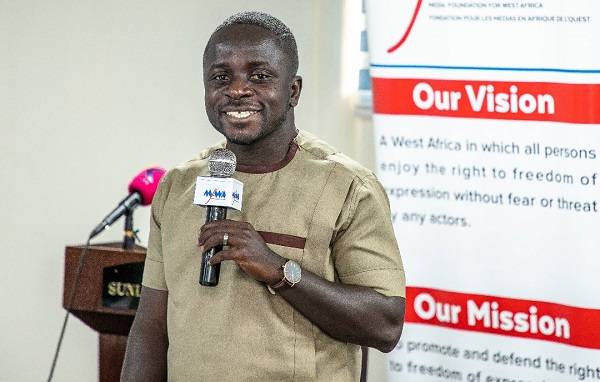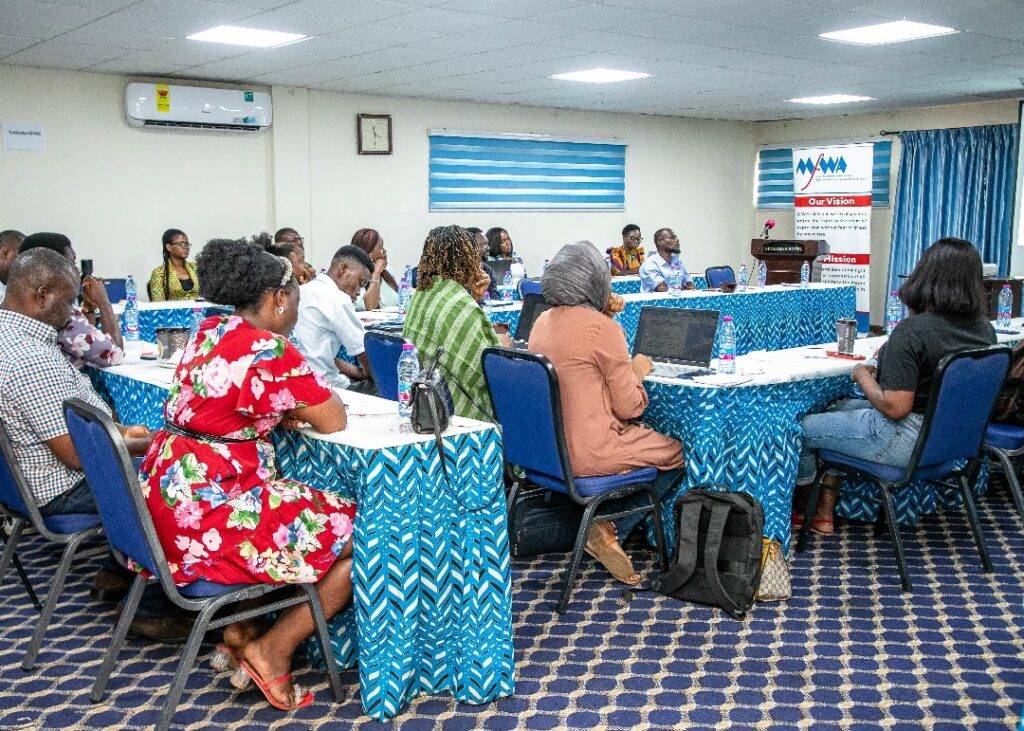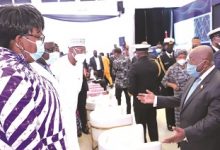
The Government has been called upon to collaborate with civil society organisations to help monitor, identify and report on gendered disinformation against women in the country.
Gendered disinformation is a subset of gendered abuse that uses false or misleading gender and or sex-based narratives against women, often with some degree of coordination, aimed at deterring women from participation in the public sphere.

According to the Lead of Fact- Check Ghana, Kwaku Krobea Asante, that would help address the issue and enable women to take their place and assert their right online.
He was speaking at a National Stakeholders’ Forum on Women’s Rights Online in Ghana organised by Media Foundation for West Africa (MFWA) in Accra yesterday.
The forum, organised with support from the Embassy of the Kingdom of the Netherlands in Ghana, aimed at addressing the challenges, and empower women to use the internet to assert their rights, while taking advantage of the numerous opportunities online.
It brought together stakeholders from government, women’s rights groups and civil society, along with activists, academics, media practitioners and members of the general public to discuss how to collaborate and use proactive actions to reduce and prevent the amplification of gendered disinformation, and promote women’s rights online in Ghana.
Mr Asante said disinformation against women in public spaces had been in existence far too long and classified as a form of gender-based violence (GBV).
However, he said, the broader lens of GBV often subsumed gendered disinformation even though they were technically not same, saying “recognising the genderedness of disinformation is an attempt to identify and address the phenomenon.”
He stated that “such cases are normally targeted at women’s rights groups or females in the public space, female politicians, and women occupying public offices among others, which undermined women’s participation, thereby affecting the country’s democracy and nation-building.”
Mr Asante underscored the need for digital platform companies to develop comprehensive and context-based content moderation for their platforms while supporting the production of gender-sensitive and inclusive content.
The Vice President of Internet Society of Ghana, Mrs Maud Adjeley Ashong Elliot, advocated digital literacy for women to enable them to have their full potential on the internet and utilise it to their advantage.
She also encouraged women “to participate and take up leadership roles and refrain from posting and storing their nude photographs online to avoid cyber-bullying and online harassment”.
The Head of Accreditation and Certification, Data Protection Commission, Hilda Odua Sowah, speaking on data protection safeguard for women, reminded them to be cautious about their personal data or information being shared online.
BY VIVIAN ARTHUR







